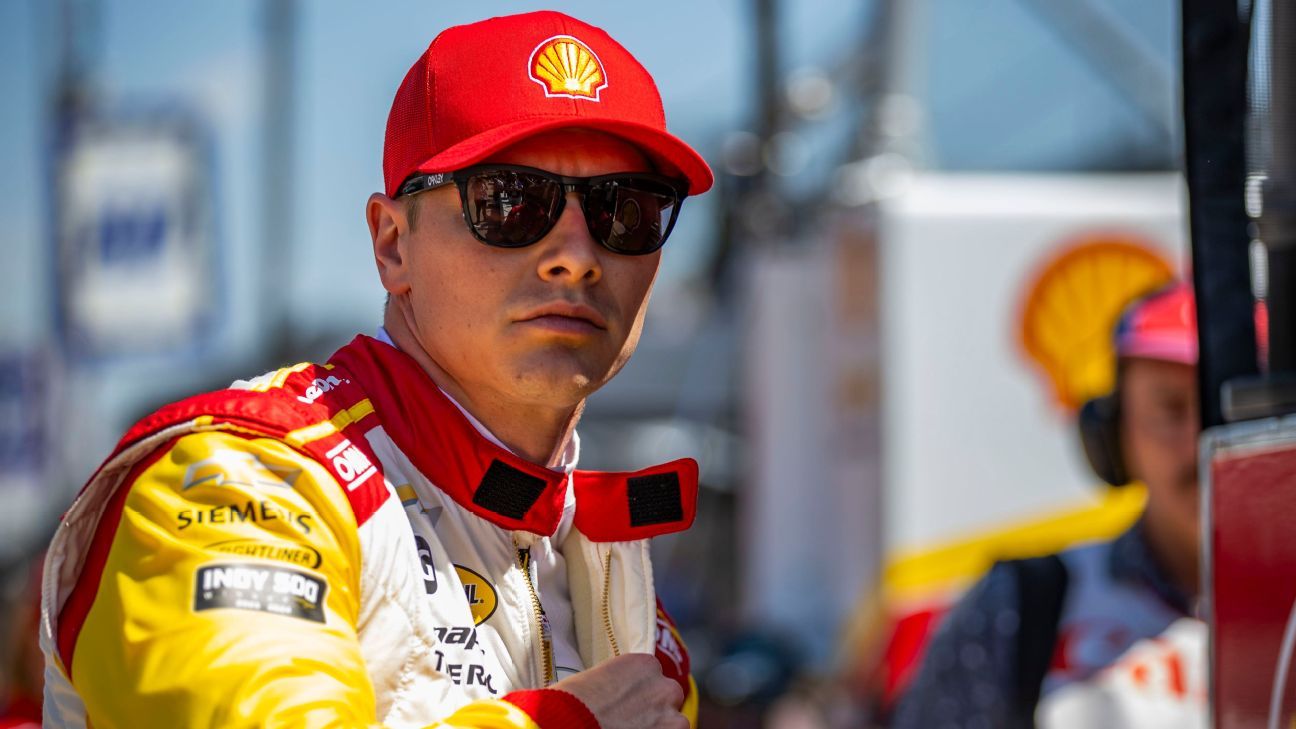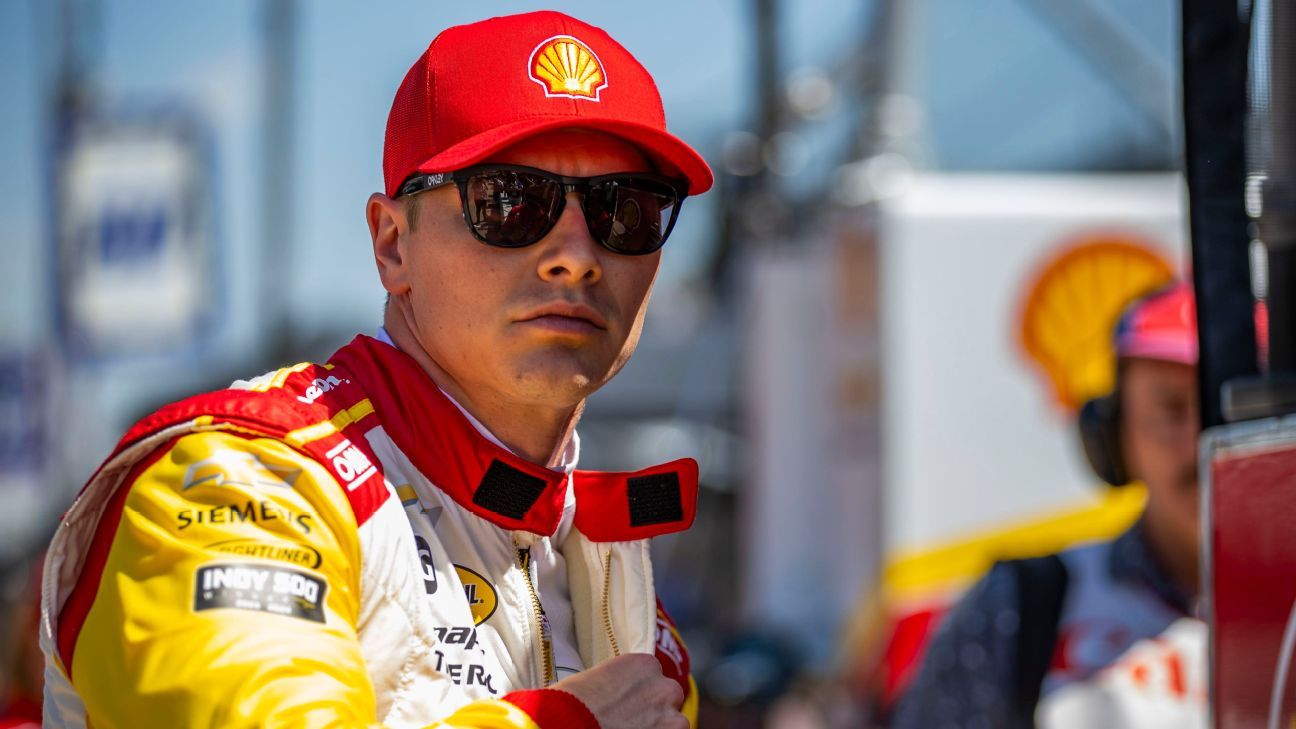The Arctic Race: A Geopolitical Analysis Of The Intensifying Competition

Welcome to your ultimate source for breaking news, trending updates, and in-depth stories from around the world. Whether it's politics, technology, entertainment, sports, or lifestyle, we bring you real-time updates that keep you informed and ahead of the curve.
Our team works tirelessly to ensure you never miss a moment. From the latest developments in global events to the most talked-about topics on social media, our news platform is designed to deliver accurate and timely information, all in one place.
Stay in the know and join thousands of readers who trust us for reliable, up-to-date content. Explore our expertly curated articles and dive deeper into the stories that matter to you. Visit Best Website now and be part of the conversation. Don't miss out on the headlines that shape our world!
Table of Contents
The Arctic Race: A Geopolitical Analysis of Intensifying Competition
The Arctic, once a remote and largely unexplored region, is rapidly transforming into a geopolitical hotspot. Melting ice caps are opening up new shipping routes, unlocking vast reserves of natural resources, and sparking intense competition among nations with Arctic interests. This escalating rivalry, often referred to as "The Arctic Race," presents significant challenges and opportunities for global security and economic development.
The Allure of the Arctic: Resources and Routes
The Arctic's allure lies in its untapped potential. Beneath the icy surface lie substantial reserves of oil, natural gas, minerals, and rare earth elements – resources crucial for the global economy. The melting ice is also opening up the Northern Sea Route (NSR), a significantly shorter shipping lane connecting Asia and Europe, potentially revolutionizing global trade. This access to resources and streamlined trade routes is fueling the ambitions of numerous nations.
Key Players in the Arctic Game:
Several countries are actively vying for influence in the Arctic, each with its own strategic goals and capabilities:
-
Russia: Possessing the longest Arctic coastline, Russia has heavily invested in military infrastructure and resource extraction in the region. Its Northern Fleet plays a significant role in asserting its sovereignty and protecting its interests. The development of the NSR is a key component of Russia's Arctic strategy.
-
United States: The US, with Alaska as its Arctic territory, is increasing its military presence and focusing on infrastructure development. Concerns about Russia's growing influence and the need to safeguard its national security interests are driving US policy in the Arctic.
-
Canada: Canada's extensive Arctic coastline and vast resources make it another significant player. Canada is focused on protecting its sovereignty, managing resource development sustainably, and collaborating with other Arctic nations on environmental protection.
-
China: While not an Arctic state, China has declared itself a "near-Arctic state" and is actively pursuing economic opportunities through investments in infrastructure and resource extraction projects. Its growing involvement is a source of concern for some established Arctic nations.
-
Norway and Denmark (Greenland): These nations have long-standing experience in Arctic operations and resource management. They play crucial roles in international cooperation and sustainable development in the region.
The Growing Tensions:
The competition for resources and influence is leading to increasing geopolitical tensions. Military exercises are becoming more frequent, claims over territory and resources are contested, and the potential for miscalculation or accidental conflict is growing. Environmental concerns are often overshadowed by the economic incentives, raising serious questions about sustainable development in the region.
Environmental Concerns and International Cooperation:
The melting ice caps, while opening up opportunities, also pose significant environmental challenges. The Arctic ecosystem is fragile and susceptible to damage from increased human activity. International cooperation is crucial for addressing these challenges and ensuring the sustainable management of Arctic resources. Organizations like the Arctic Council play a vital role in fostering dialogue and collaboration among Arctic states.
The Future of the Arctic Race:
The future of the Arctic will depend on the ability of Arctic nations to manage their competing interests and collaborate on sustainable development. Finding a balance between economic exploitation and environmental protection will be crucial. Strengthening international cooperation mechanisms and establishing clear legal frameworks for resource management and navigation are essential steps to preventing conflict and ensuring the long-term stability of this increasingly important region.
Call to Action: Stay informed about the developments in the Arctic and encourage responsible governance and environmental stewardship in this critical region. Learn more about the Arctic Council and the ongoing efforts to promote sustainable development in the Arctic.

Thank you for visiting our website, your trusted source for the latest updates and in-depth coverage on The Arctic Race: A Geopolitical Analysis Of The Intensifying Competition. We're committed to keeping you informed with timely and accurate information to meet your curiosity and needs.
If you have any questions, suggestions, or feedback, we'd love to hear from you. Your insights are valuable to us and help us improve to serve you better. Feel free to reach out through our contact page.
Don't forget to bookmark our website and check back regularly for the latest headlines and trending topics. See you next time, and thank you for being part of our growing community!
Featured Posts
-
 Does The Penske Controversy Diminish The Indy 500s Significance
May 25, 2025
Does The Penske Controversy Diminish The Indy 500s Significance
May 25, 2025 -
 Penske Scandal Will Indy 500 Glory Be Overshadowed
May 25, 2025
Penske Scandal Will Indy 500 Glory Be Overshadowed
May 25, 2025 -
 Original Sin Book Exposes Kamala Harriss Reaction To Anderson Coopers Post Debate Questions
May 25, 2025
Original Sin Book Exposes Kamala Harriss Reaction To Anderson Coopers Post Debate Questions
May 25, 2025 -
 Prostate Cancer Dr Sanjay Guptas Expert Q And A
May 25, 2025
Prostate Cancer Dr Sanjay Guptas Expert Q And A
May 25, 2025 -
 Blue Jays 63 M Pitcher A Potential Solution For Phillies Post Nola Rotation
May 25, 2025
Blue Jays 63 M Pitcher A Potential Solution For Phillies Post Nola Rotation
May 25, 2025
